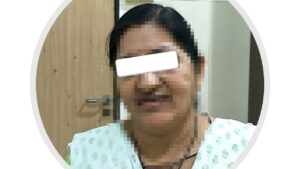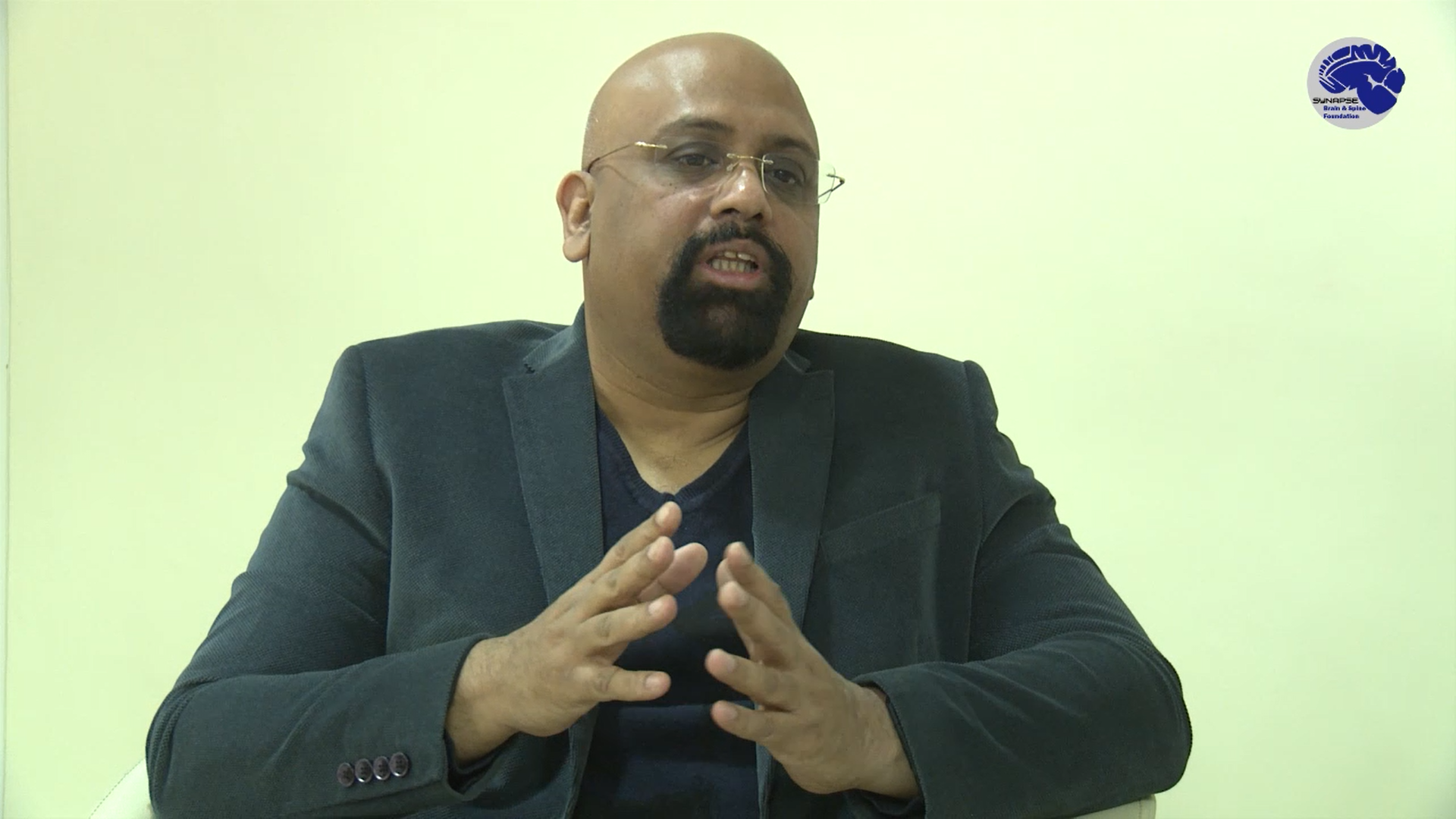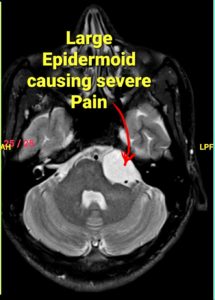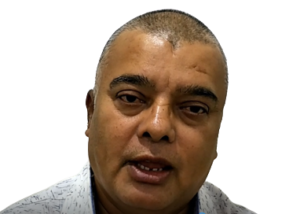Trigeminal neuralgia medication, at least the majority of them, are anti-convulsants.
“How to take them-Trigeminal neuralgia medication?”
Can I take TN medication when I feel the pain coming on?
Can I add more drugs during a Trigeminal neuralgia attack?
Do I have to continue taking the Trigeminal neuralgia medicines even if I have no or minimal pain?
These are all questions that frequently come to the patients’ minds.
What is essential to understand is that TN medicines are not straight-forward pain-killers. They are primarily anti-convulsants or brain numbing medications. Once the first pill is consumed, it takes a few hours to reach the blood. The liver simultaneously metabolizes the drug, while some of it also reaches the brain to act upon. So in effect, the blood level reduces. Over a period of the next few hours, the blood level will become zero. Before this happens, we need to consume another pill to increase and maintain the blood level. If this does not happen, there is no effect on the pain as well.
In short, regular medication is essential to maintain a particular blood level of the drug, so that it calms the brain/ nerve. This calming effect means that they do not respond to pain signals, and therefore have a neuralgic-pain-reducing effect.
Another key point to be noted is that the dosages need to be very gradually increased (and decreased also).
What happens if I take too many TN pills?
Well, you will certainly start manifesting all the side-effects of these anti-convulsants, like drowsiness, dizziness, imbalance, mental clouding, memory loss, depression etc. This is why, their dosages have to be adjusted by your doctor, who will determine what is right for you. One typically starts with the lowest dosage twice or thrice a day. This may be increased to maximum doses four times a day.
What happens if I miss a couple of doses of TN medication?
The blood level reduces, and you may experience break-through pain.
Allergic reactions to Trigeminal neuralgia medication
When starting off drugs to control TN pain for the first time, one has to be aware of and be on the lookout for allergic reactions. Though rare, it is not unheard of. I have come across a few patients in my practice. Typically they are in the form of skin rashes. These may be the harbinger of a very serious and potentially fatal Stevens-Johnson syndrome. If one notices skin rashes on consuming TN medication, please inform your doctor immediately and stop taking it.
What are the commonly used medication for trigeminal neuralgia?
What other drugs than anticonvulsants are useful for TN pain?
Is TN permanent?
What are some of the FAQs about TN?
Is there a cure for Trigeminal neuralgia?
Who is Dr Jaydev Panchwagh?
Youtube videos explaining in detail about Trigeminal neuralgia
Can I hear some patient testimonials? MicroVascular Decompression surgery to cure Trigeminal neuralgia.
How do I contact Dr Jaydev Panchwagh?



 Trigeminal neuralgia patient testimonial
Trigeminal neuralgia patient testimonial